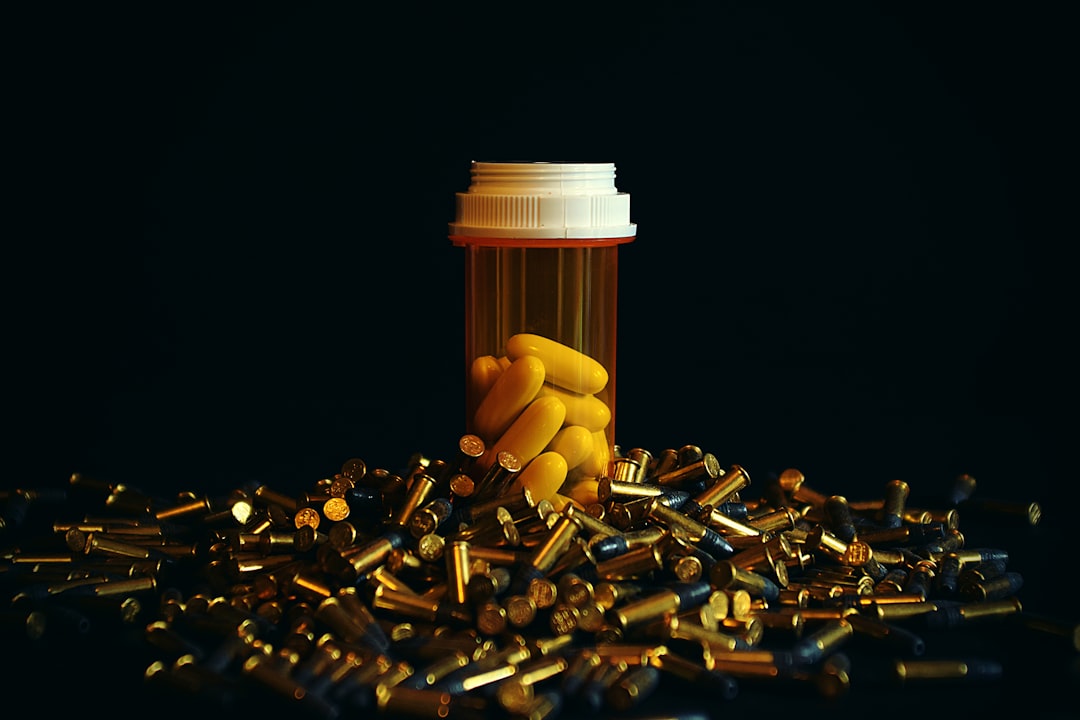A Nightmare Unfolds in Madhya Pradesh (image credits: Unsplash)
In the quiet wards of hospitals across central India, the air hangs heavy with grief as families grapple with unimaginable loss from a tainted remedy meant to ease their children’s coughs.
A Nightmare Unfolds in Madhya Pradesh
Imagine trusting a simple bottle of syrup to soothe your little one’s sniffles, only to watch it turn into poison. That’s the horror facing parents in Madhya Pradesh, where at least 21 children under five have died after taking Coldrif cough syrup. The outbreak started quietly last month, but now it’s exploded into a national scandal.
Health officials traced the deaths back to contaminated batches from Sresan Pharmaceutical Manufacturer. Tests revealed dangerous levels of toxins that no child should ever encounter. As the death toll climbed, pressure mounted on authorities to act fast.
This isn’t just a local tragedy—it’s a wake-up call for how everyday medicines can hide deadly secrets.
The Man at the Center of the Storm
Ranganathan, the owner of the small pharma firm, became the prime target almost overnight. Police swooped in and arrested him late Wednesday night in Chennai, far from the epicenter of the crisis. He now faces serious charges tied to negligence and possibly worse.
Investigators say the company’s production standards were alarmingly lax, skipping crucial safety checks that could have prevented this disaster. Ranganathan’s arrest marks a turning point, but questions linger about who else might be involved.
From his factory floors to courtrooms, his story highlights the human cost of cutting corners in drug making.
How a Common Cold Turned Deadly
Cough syrups are staples in Indian homes, especially during monsoon seasons when kids catch every bug going around. But this batch of Coldrif was laced with industrial solvents instead of safe ingredients, mimicking a sweeter but fatal alternative.
Symptoms hit hard and fast: vomiting, seizures, and organ failure that left no time for second chances. Doctors in local clinics raised alarms early, but it took weeks for the full scope to emerge.
- Children as young as one year old were among the victims.
- Over 100 others fell ill, with some still fighting for recovery.
- The syrup was distributed widely across the state, raising fears of more cases.
- Authorities have recalled all stocks and banned the product nationwide.
India’s Recurring Pharma Nightmares
This isn’t the first time India’s drug industry has faced backlash over faulty products. Back in 2022, similar cough syrup scandals claimed dozens of lives in Gambia and Uzbekistan, spotlighting export controls. Domestically, the pressure to produce cheap generics often clashes with quality demands.
Government regulators have promised tighter inspections, but enforcement remains spotty in smaller firms like Sresan. Critics point to underfunded labs and overburdened officials as root causes.
Yet, each incident chips away at public trust, making parents think twice before reaching for over-the-counter relief.
What’s Next for Justice and Safety?
With Ranganathan in custody, police are raiding the factory and digging into supply chains. Forensic teams are analyzing every batch, while prosecutors build a case that could lead to manslaughter charges.
On the policy front, India’s health ministry is fast-tracking new guidelines for syrup formulations, especially for kids. Advocacy groups are calling for harsher penalties to deter future lapses.
| Key Players | Role |
|---|---|
| Ranganathan | Company Owner, Arrested |
| Madhya Pradesh Police | Lead Investigators |
| Central Drugs Standard Control | Regulators Overseeing Recall |
Lessons from a Heartbreaking Chapter
The real sting here is how preventable this was—better oversight could have saved those 21 bright futures. As India pushes to become a global pharma hub, stories like this remind us that lives must come before profits.
Key Takeaways:
- Always check for certified seals on medicines, especially for children.
- Report suspicious symptoms immediately to local health authorities.
- Support calls for stricter drug testing to protect vulnerable families.
In the end, this crisis underscores the fragility of trust in healthcare—let’s hope it sparks real change before another family suffers. What steps do you think governments should take to prevent tragedies like this? Share your thoughts in the comments.







